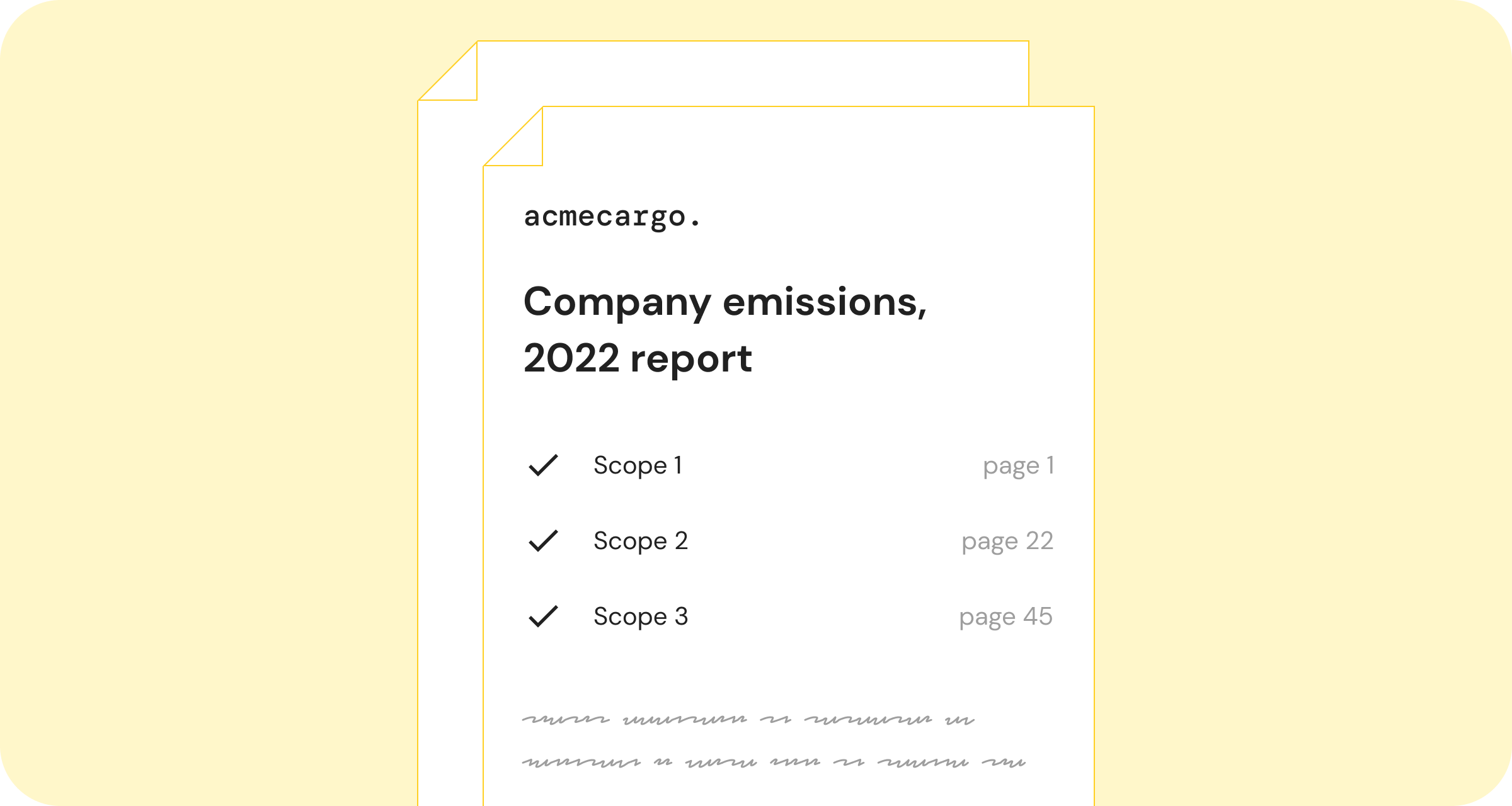

Climate is firmly on the agenda at Money2020, Europe’s biggest fintech event. It’s an area ripe for disruption for companies ready to take on the challenge. The race is on, and Lune will be looking for future winners during Money2020.
Fintechs are used to competitors breathing down their necks, they’ve tasted the fruits of disruption, and incarnated 272 unicorns in five years. This innovation drives an unparalleled paradigm of growth that could help alleviate the climate crisis.
What is the climate opportunity for fintechs?
Many see a climate change challenge; innovators see a climate change opportunity. Consumers, businesses, and governments are living in the green transition. Behaviours are changing. It’s the spark fintechs need to ignite a new era of climate opportunity.
1. Oceans of capital
The green transition could cost $300tn. For opportunists, that’s an ocean of capital. Companies have deadlines driven by new regulations, so they need quick and easy-to-implement solutions. Fintechs that close this climate feature gap and stand out by supporting their customers, will profit and proliferate. Those who don’t may get left behind.
2. Customer demand
Customers expect climate action from businesses, and they reward it with loyalty. Almost ⅔ of companies increase revenue after developing and implementing strategies. Climate action is a deal winner.
3. It’s the right thing to do
Industry leaders are becoming climate leaders — voluntarily. Companies representing over two-thirds of global market capitalisation have signed up for at least one voluntary climate initiative, such as the CDP, SBTi, VCMI.
They’re making climate their business, and they’ll want partners who share their climate goals.
4. The legislative stick
Just like data protection, climate action was optional for businesses. But that’s changing. In 2024, 50,000 businesses will have to report on the impact they have on people and the planet, and the impact people and planet have on business. And that 50,000 will only grow.
Compliance, like scope 3 emission reporting, is giving sustainability teams problems. If their financial providers can alleviate this pain, they’ll be rewarded.
5. Green investment
Over the last couple of years, investment in startups has ground almost to a halt. Yet, investment in climate fintechs is building momentum. In 2023, it accumulated $2.3bn across Europe and the US.
If you want to scale your business, put climate on the agenda.
6. Attract and maintain talent
Employees value sustainability. Three-quarters of millennials would take a salary cut to work for an environmentally responsible company. Sustainability initiatives ensure the sustainability of the company.
Disruption requires top talent, and if fintechs want to continue attracting the world’s best and brightest they need to climate-align their offering.
7. Scalability
Climate change impacts every single business, value chain, and industry. No company is exempt. If fintechs can solve one piece of the puzzle, the results could be game-changing.
Drive revenue by embedding climate action with Lune
The green transition is here to stay. Fintechs have the opportunity to architect a new low carbon economy. But to capitalise on the transition, they need quick and easy-to-implement solutions. The race is on.
Lune will be looking for winners at Money2020.
Industry leaders like Visa, Payhawk, and Soldo are boosting their bottom line by embedding emission calculations and high quality carbon removal into their products. Plug in and play in less than three weeks using our simple API integration.

To learn how you can build a climate positive legacy with Lune, contact us to book a quick chat at Money2020.
Readers also liked
Readers also liked

Subscribe for emissions intelligence insights
Get the latest updates in the world of carbon tracking, accounting, reporting, and offsetting direct to your inbox.




